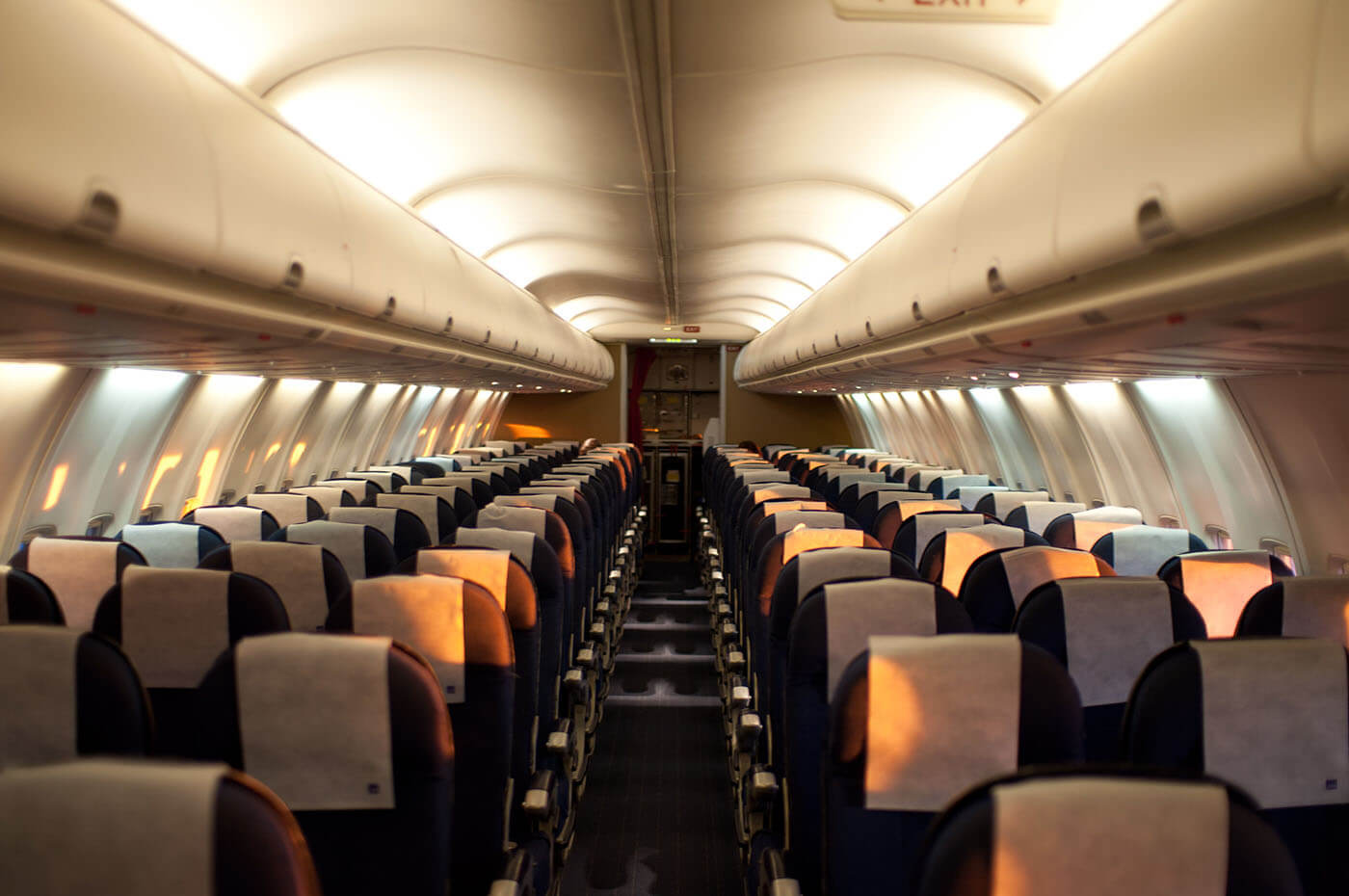
Three key principles should guide the industry's recovery.
It goes without saying that Covid-19 has turned the world on its head over recent weeks. Heartbreakingly, more than 120,000 people worldwide have already lost their lives to the disease. Around the globe, businesses are shuttered and people are locked down in their homes to slow the spread of the virus. The global economy is at a virtual standstill, pushing Americans into unemployment at a rate unprecedented since relevant statistics started being recorded in 1967. As people scramble to protect their livelihoods in this new reality, the U.S. government’s recent passage of a $2 trillion stimulus package should come as welcome news for many. Similar stimulus efforts are underway across the world to dampen the economic blow of near-global quarantine.
The aviation sector has been among the hardest-hit industries by Covid-19, with airlines projecting a $252 billion decline in revenue compared to 2019, a drop of over 40%. As airlines around the world seek government assistance to stay afloat, it’s no surprise that the U.S. stimulus package includes a $25 billion bailout for the aviation sector. As the industry charts its pathway forward, there are a few key principles that should guide its decisions to make it more sustainable, resilient, and consistent with global climate goals.
Protect jobs and livelihoods
First and foremost, the highest priority for the aviation bailout must be to protect workers’ jobs through this period of unparalleled uncertainty. Although the stimulus package caps executive compensation and contains provisions that airlines receiving public funds cannot lay off or furlough employees until September 30, United Airlines has already told staff to expect layoffs once the restriction period has passed, indicating that more needs to be done to protect thousands of livelihoods that are at stake. In the face of any systemic shock — be it a global pandemic or climate change — it is crucial to ensure that the most vulnerable do not bear the brunt of the impact, but rather that government and private sector interventions contribute to a more equitable future for all.
Bring sustainability to the forefront
When the federal government bailed out the automotive industry in 2008, funding was contingent on carmakers improving the fuel efficiency of their vehicles. While some lawmakers proposed similar provisions during recent stimulus talks, they ultimately did not make it into the final version of the legislation. Nevertheless, using the bailout funds in a way that supports both financial resilience and environmental sustainability is an important imperative, as recent discussions in the U.K. reflect. Aviation industry emissions are projected to triple by 2050, so returning to business as usual after Covid-19 recedes is simply not a viable option if the world is going to meet internationally agreed climate targets. Some measures, like the development of sustainable aviation fuels, can pay off for airlines in the long run in terms of building resilience by insulating them from wildly fluctuating prices in global oil markets. Indeed, across industries, smart climate decisions are often smart business decisions — same goes for aviation.
Today, the aviation sector has the rare opportunity to identify these synergies and fundamentally change course in order to act on them. Considering the importance of aviation in enabling the global economy to function, it is incumbent upon the industry to make the most of this moment of crisis to show that it can be a good global citizen for decades to come. With bailouts on the horizon in other countries and the sad possibility of additional bailouts needed in the U.S., it will be important to keep sustainability at the center of these ongoing discussions.
Think before we fly
As an organization dedicated to combating the global climate crisis, ClimateWorks is reexamining our own flying practices. While we know there will always be a need to travel given our global reach and work, we also know that we can reduce our aviation footprint in the months and years to come. The fact that companies and organizations continue to operate under lockdown conditions is proving every day that remote work is a viable option that can take the place of some in-person gatherings that come with both financial and environmental costs. If remote work does take the place of some business travel in the longer term, that would make for a leaner aviation industry overall, but right-sizing the sector can help eliminate unnecessary flying and bring the world one step closer to a livable climate for ourselves and future generations. Achieving a balance between the health of the aviation industry and the health of the planet will not be easy, but it is a balance that we need to pursue.
Past crises have shown us that despite these difficult times, the aviation industry will not only survive, but continue to thrive in the long term. The 9/11 terrorist attacks, for instance, caused a steep decline in air travel, but the industry recovered and went on to grow to unprecedented heights. The same goes for the 2008 global financial crisis. Covid-19 is a global menace to be addressed with the utmost seriousness, but a day will come when we are ready to take to the skies once again. Let us work now toward rebuilding the industry so that it is on stronger footing financially and environmentally, and is able to keep our globalized world connected in ways that enable our planet and people to thrive.

